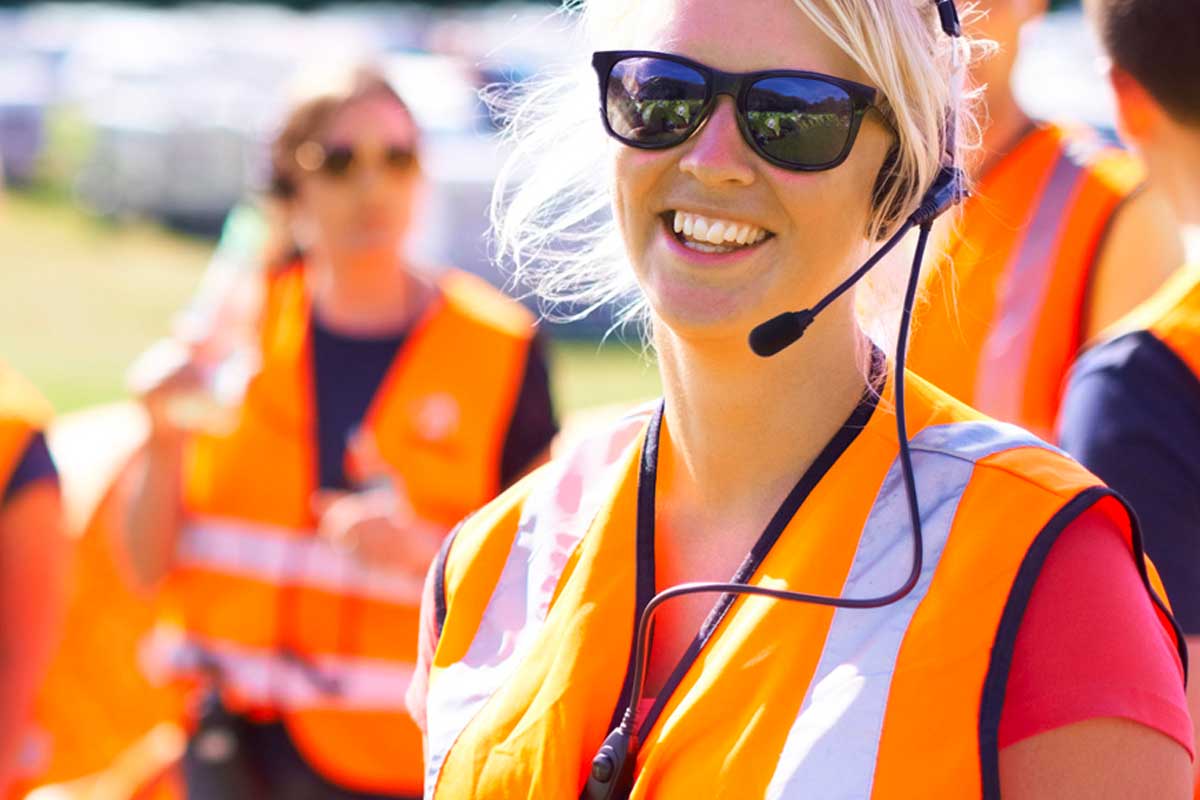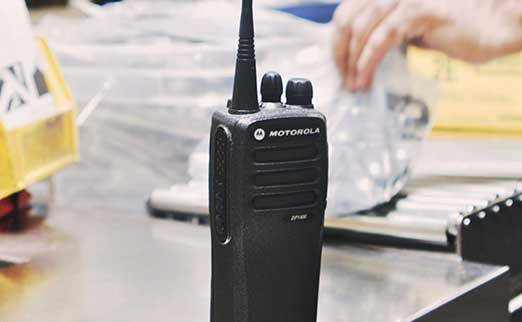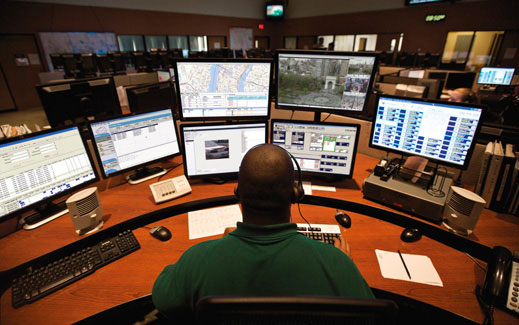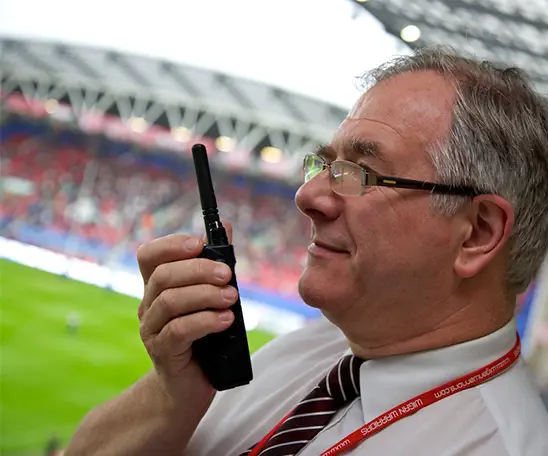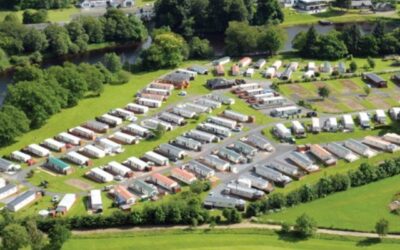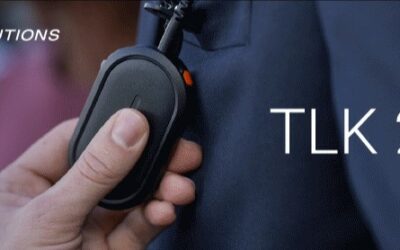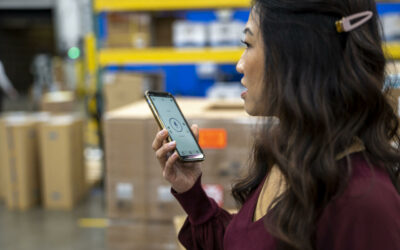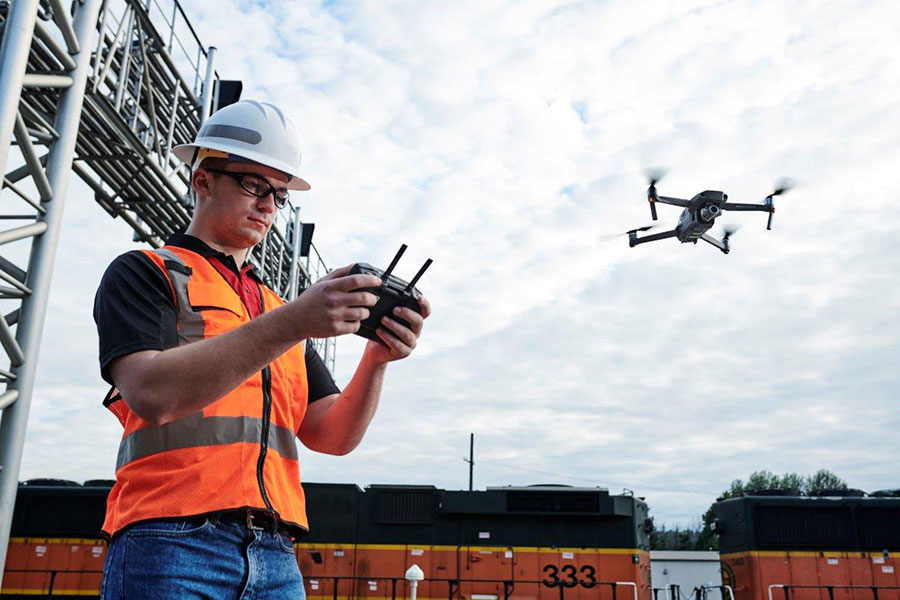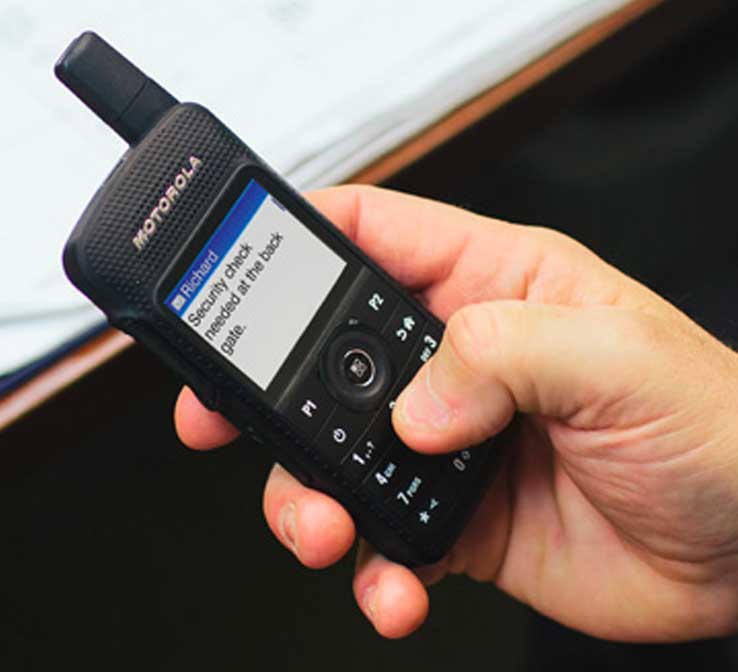In the busy environment of holiday parks, efficient communication is essential for smooth operations. Teams spread across wide-ranging grounds can often face challenges with coordination tasks, managing emergencies and providing the best possible customer service....
Rugeley Power Station
Rugeley Power Station adopts MOTOTRBO for enhanced worker communications
The challenge
The Rugeley Power Station is based in Rugeley, Staffordshire, and has been operating ever since the 1970s. The whole site covers a large, 2.5 km long area, which is divided between the main site and the Flue Gas Desulphurisation area (FGD), where sulphur dioxide emissions, generated by the coal-fired boiler, are safely converted into useful Calcium Sulphite. The main site is built up with large steelwork structures and subterranean areas, which creates a challenging environment for radio transmissions. The proliferation of reinforced concrete, as well as girder work in the FGD area, meant that there had been little-to-no radio signal coverage on the analogue system.
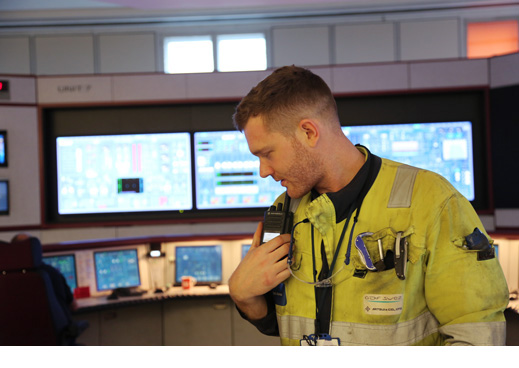
The challenge
The lack of proper radio communications in place posed many threats to personnel’s health and safety, as well as the whole site’s security, increasing the risk of breaches, vandalism, and slower reaction times to such activities.
While reception in the main site was generally good, the coverage in underground areas and on the periphery of the site was extremely poor. This brought to light many serious implications for perimeter security, and more importantly was a major cause for concern for the safety of the 200 workers, who operate on the main site and the FGD area.
With radios being used to ensure the smooth running of day-to-day operations and quick responses to emergency scenarios, the analogue radio dead spots around the site were seen as a major safety issue for both the personnel and the power plant itself. In particular, the complete lack of coverage in the FGD area was not only potentially dangerous, but it also began hindering the operations of the plant, lowering productivity and effectiveness.
It was also important to solve the challenge of large structures created for radio signal coverage. Engineers needed to complete site tests, allowing them to find a two-way radio solution, which would not be affected by the steelwork and reinforced concrete used when first building the Power Station.
A new solution had to be provided. Especially when considering the fact that many of the power station’s staff members were lone workers, it brought up a reason to worry and start looking for ways to solve these issues. Without an effective communication system, individuals working alone would not be able to get urgent help, which puts their health at risk.
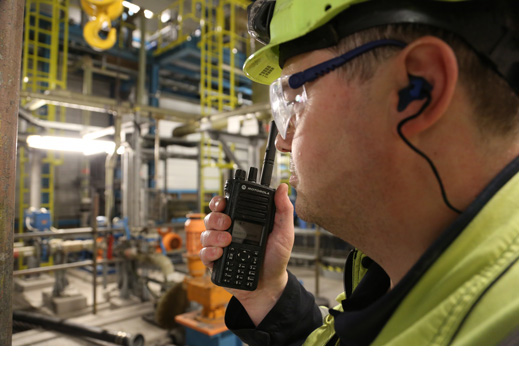
Expert Communication Solution by the DCRS team
The DCRS team of engineers managed to come up with a two-way digital radio system, which was not affected by large structures built across all of the power plants, as well as still being able to transmit from under the ground. By installing the right radio equipment in the right spots across the plant, engineers managed to clear out existing dead signal areas, so transmitted messages could reach everyone on the premises.
Brian Allt, maintenance engineer technical support, Rugeley Power Ltd. explains that “Several solutions were tried, including leaky feed and introducing cell enhancers, but these either did not work or had very limited effect on the problem. After some investigation, it was decided that a new digital radio system would be the best way forward.”
The chosen radio systems provided all staff with a strong connection and crisp and clear audio quality. Allowing everyone to inform one another of any unexpected emergencies or site breaches and helping keep track of lone workers well-being. Two-way radios also helped improve the work organisation in the main area of the power plant, as well as the more dangerous FGD area, thus highly improving productivity and efficiency of on-site operations.
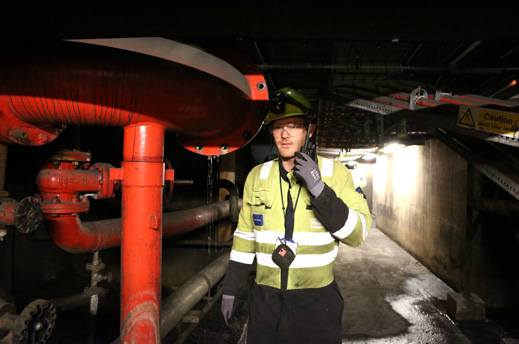
Two-way radio solutions for power plant workers
Establishing strong and reliable communication in power plants is crucial as most of the staff members are lone workers operating complicated machinery in secluded areas. To ensure everyone’s safety and well-being, DCRS recommends such two-way radio solutions as the MOTOROLA R7 range. These radios offer longevity and durability, much needed in the harsh environment of power plants, and are sure to withstand daily use. Such features as the emergency button and Lone Worker feature allow users to request urgent assistance easily and quickly. This way by providing an effective exchange of information the site and employees can be protected.
To find out more about the two-way radio system recommendations that DCRS has for power plant workers, enquire or call 0800 043 2688. Our team of experts will ensure to find the best communication solution for you and your business.

